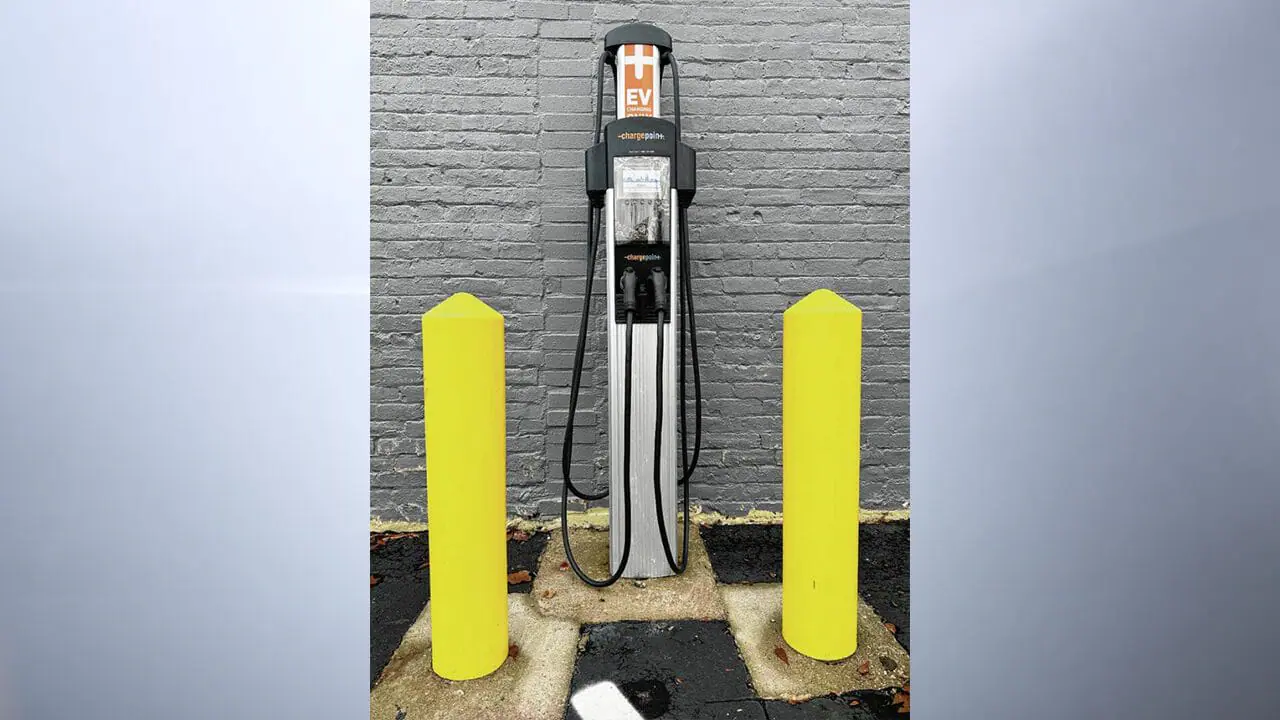Charging Forward: Greenfield adopts EV charging plan
GREENFIELD, Ind. (THE DAILY REPORTER) — The Greenfield City Council unanimously approved an electric vehicle charging plan for the city at its Sept. 25 meeting following a public hearing.
Greenfield Zoning Administrator Joanie Fitzwater said that the plan has been in development since early this year and was originally put into motion by City Engineer Jason Koch.
Oksana Polhuy of MS Consultants presented to the council, highlighting that it would put the city ahead of the curve and give it the tools necessary to react to changes in the EV market. Polhuly noted that while the EV market is developing, the plan allows the community to create zoning standards for charging stations to ensure safety and will provide training resources for Greenfield’s first responders to respond to EV concerns. The plan also provides a framework for Greenfield to install new up-to-date charging stations for residents to use. Polhuy noted that this would especially help residents renting, living in multi-family housing, or with garageless housing who may not be able to install car charging stations at home.
The stations, Greenfield Mayor Guy Titus noted, would also encourage residents to use more eco-friendly cars than those running purely on gasoline.
Polhuy highlighted a pair of grants that the city could apply for to assist with the construction of EV charging stations. The first, the National Electric Vehicle Infrastructure Formula Program, which was created by the U.S. Department of Transportation and is distributed by the individual states, could provide funding to build charging stations at businesses near the I-70 exit. The grant would provide 80% of the funding and the business would provide 20%, but the city would be the grant applicant. In the case of the NEVI program, the stations would eventually be transferred to the businesses.
The second option was a federal community grant which would allow the city to build its own charging infrastructure at several locations throughout the city rather than just near the interstate. Titus said that the city would be interested in pursuing both grants. When asked by a council member, he also noted that the city’s energy grid would have no issue supporting the stations.
The plan is not binding legislation, rather just provides guidelines for the city to follow if and when it builds out its EV infrastructure.
The plan passed unanimously on both voice and roll call votes.
